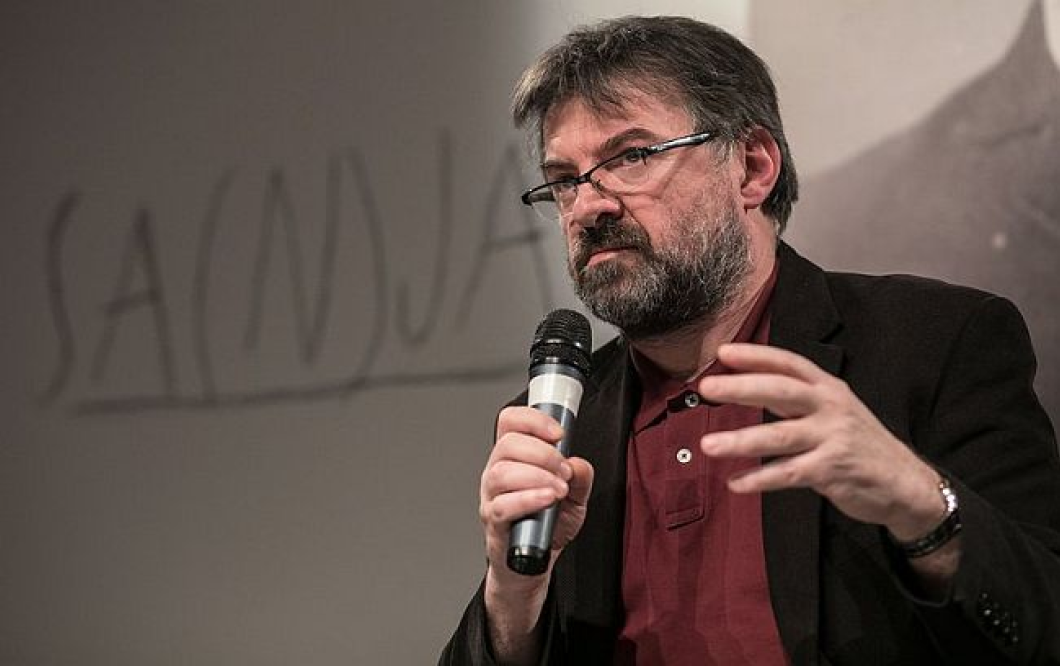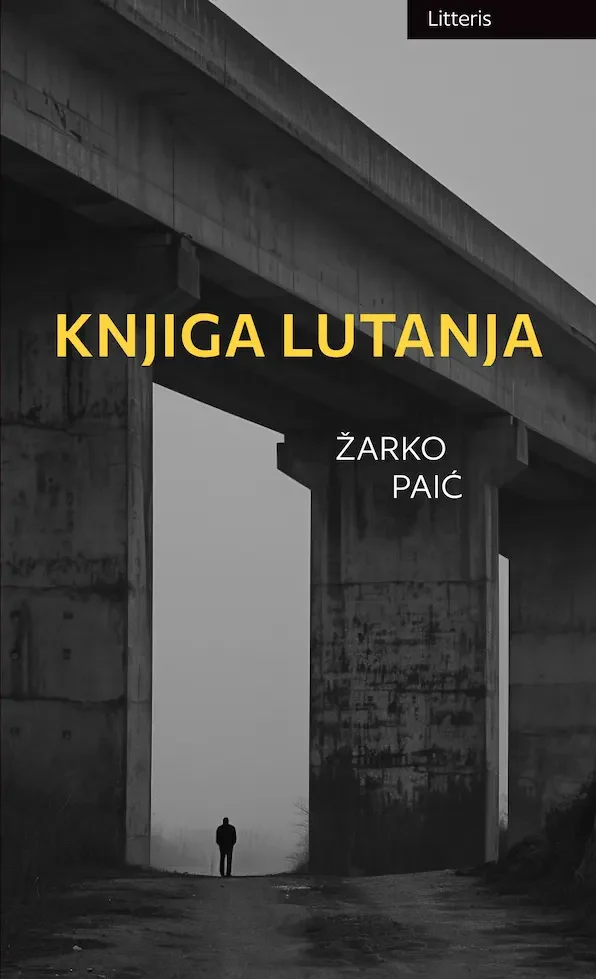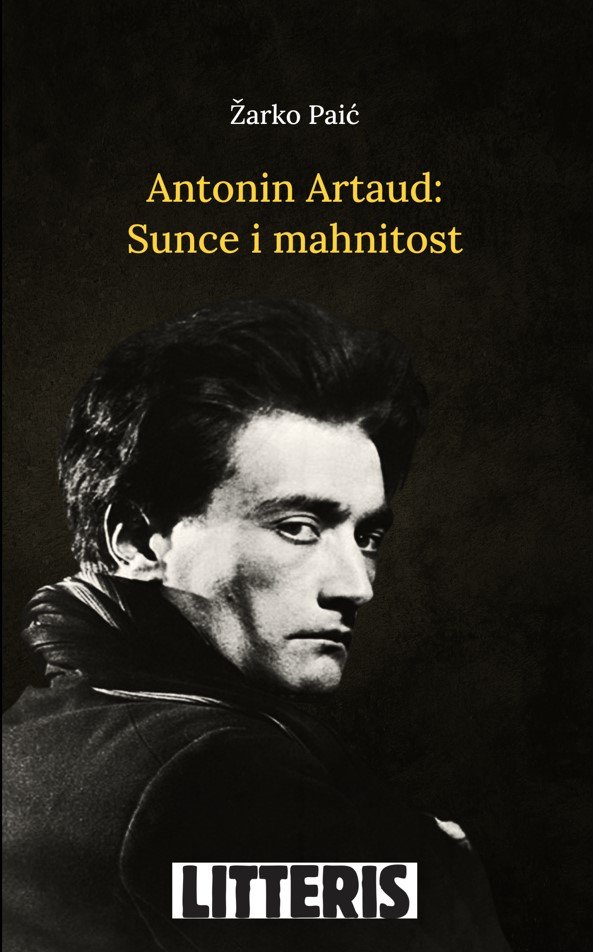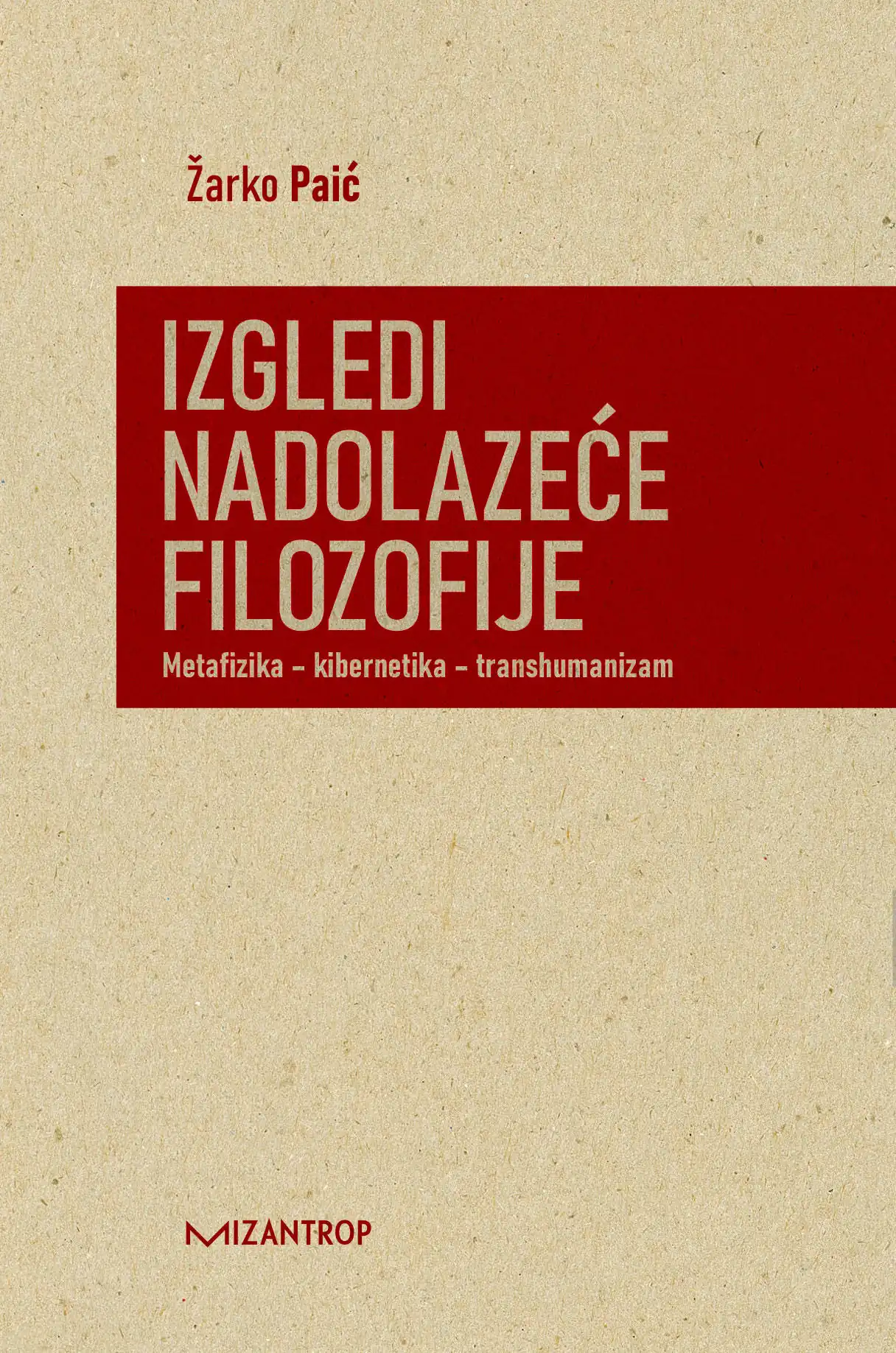
ʺIn visual arts and contemporary cyberculture, the human body, both in its natural and artificial forms, is at stake. Paić analyses this topic by considering the body through its immanent boundaries and interactions with other bodies and contexts.The human body, in fact, can be understood neither as bare thing nor as biopolitical machine – the body is an event. Paić develops this statement and discuss clearly and thoroughly not only the 'return of the body' in our culture, but also the performative-conceptual turn in contemporary arts.ʺ
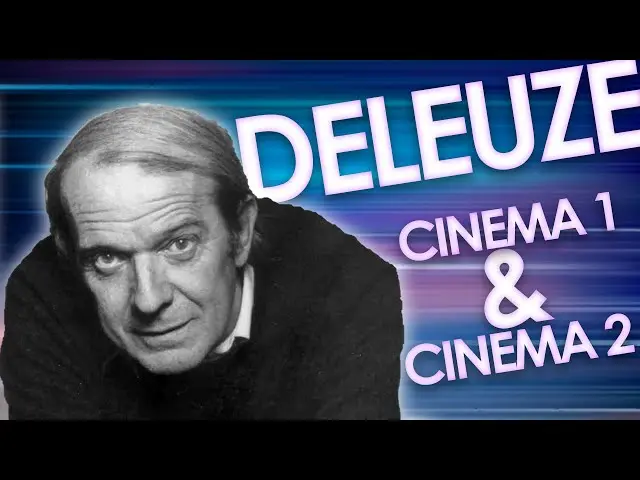
Metafilm ili o živoj singularnosti mišljenja
1. Film kao duhovna signaletika Ako bismo htjeli tradicionalno-ontologijski, a to znači bitno metafizički, odrediti u čemu se ogleda razlika u pristupu filmu Gillesa Deleuzea naspram fenomenologijskoga, psihoanalitičkog i semiologijskog uvida morali bismo ponajprije vidjeti može li se u ʺbitiʺ filma otvoriti ono što pogađa metafiziku kao takvu. Riječ je o razdvajanju na ono […]
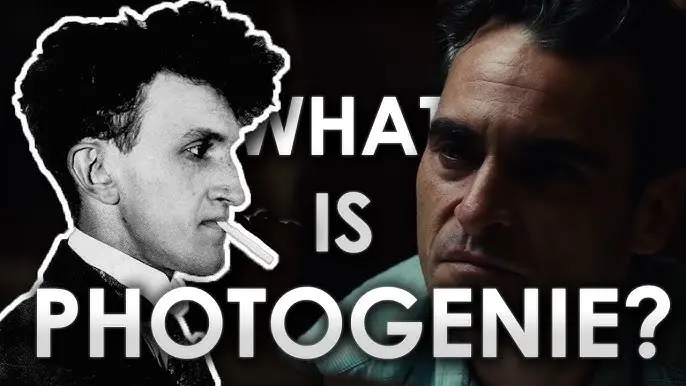
Sublimno stanje svijesti
1. In-sceniranje događaja Od samog početka svojeg nastanka film ulazi u područje ljudske svijesti kao svojevrsni stroj za proizvodnju slikovnih informacija. Problem koji se već s njegovim imenovanjem u europskim jezicima pojavljuje konstantnim jest ujedno čisti prijepis metafizičke situacije. Što to znači? Film se kao, delezovski rečeno, psihomehanika ili duhovni automat, ne može odvijati bez […]
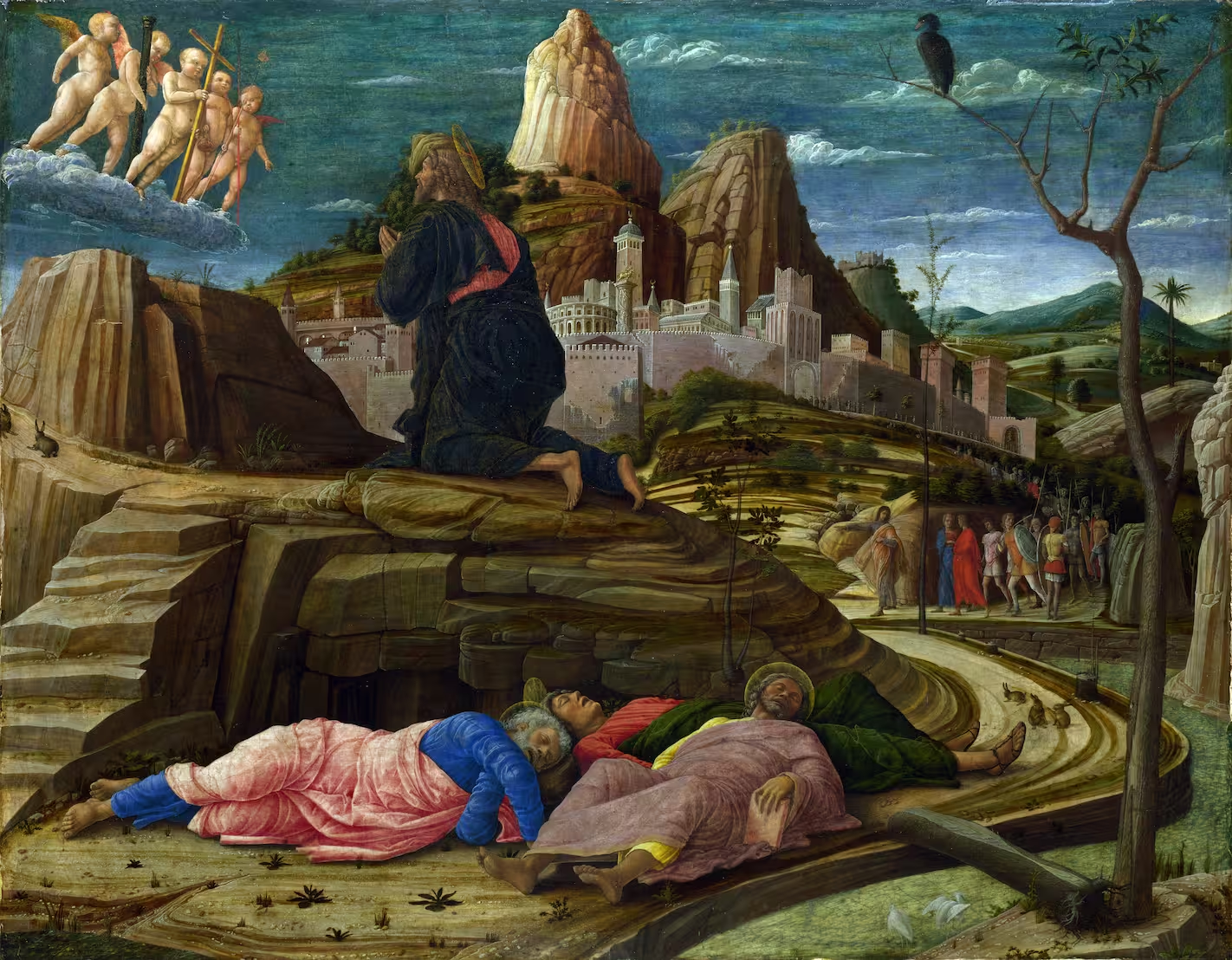
„Agonija u vrtu“
1. „Agonija u vrtu“ talijanskoga slikara Andree Mantegne značajna je religiozna slika iz razdoblja rane renesanse, za koju se vjeruje da je nastala između otprilike 1458. i 1460. godine. Koristeći temperu i ulje kao medije, Mantegna je izradio djelo dimenzija 63 x 80 centimetara koje obuhvaća ključni trenutak u kršćanskoj naraciji. Trenutno se ovo umjetničko […]
